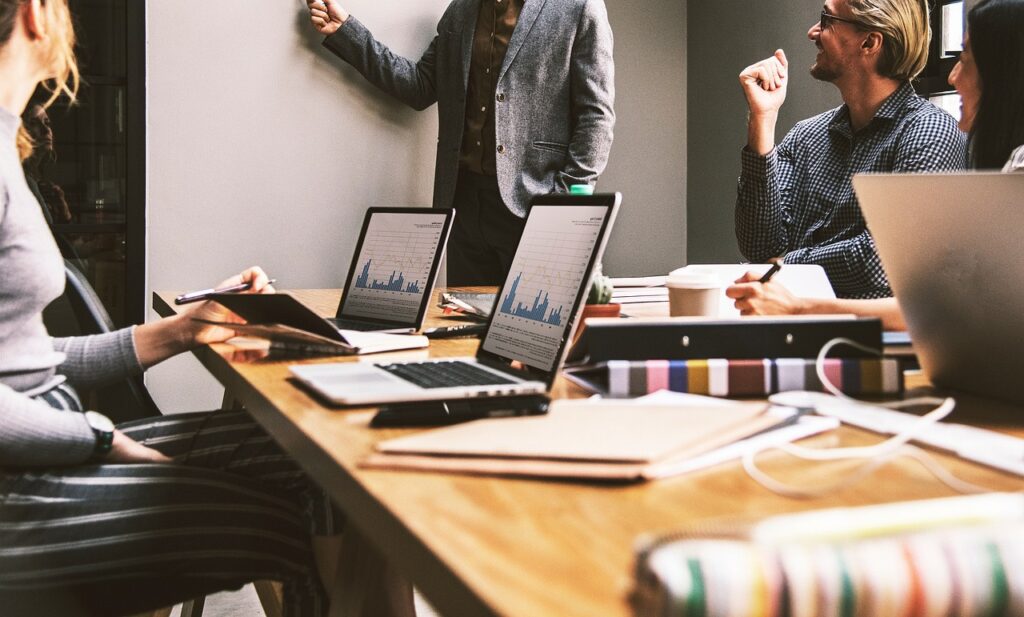While modern life is more convenient thanks to technology, it also subtly traps people in a whirlpool of digital fatigue. Endless video meetings, information overload, and the rapid rise of AI are making people mentally and physically exhausted. As efficiency becomes the new norm, it’s more important than ever to hit pause, slow down, and give our minds the breathing room they deserve.

BOSTON, MA (MERXWIRE) – Have you ever noticed that even while working from home, attending meetings via video call, using advanced AI tools to write reports, and replying to messages, you feel more exhausted than ever—less focused, and your enthusiasm for work slowly fading away? What feels like a leap into a high-efficiency, digital era may be leading many into an unseen storm of psychological burnout.
Screens are always on. Video calls are nonstop. Tasks seem endless. A full day passes, yet it’s hard to pinpoint what was accomplished. This isn’t just your imagination—it’s a reality many modern professionals face. Although remote and freelance workers enjoy flexible schedules, they also experience high information density and minimal interpersonal feedback. As technology speeds up work rhythms, it simultaneously accelerates psychological exhaustion.
According to a large-scale survey of American office workers, 71% of respondents reported feeling anxious about AI, and 48% said their anxiety had increased compared to the previous year. A significant 75% worry that AI might replace their jobs, while 41% believe that AI development is “too fast and unregulated.” This rising emotional pressure reflects a new form of workplace stress that experts now refer to as AI-nxiety—Artificial Intelligence Anxiety.
While AI undeniably boosts productivity, it also raises the unsettling question: Will I be replaced? The same survey revealed that over one-sixth of respondents admitted to pretending to use AI tools to avoid appearing outdated in front of their peers or managers. This highlights a growing sense of cognitive insecurity, where people not only fear falling behind in skills but also worry about being excluded or invisible in the workplace.
Moreover, digital tools—though convenient—make it harder to concentrate. Knowledge workers switch tasks every three minutes on average, and once distracted, it can take nearly 23 minutes to regain focus. This high-frequency multitasking not only reduces efficiency but also depletes mental resources, leading to diminished creativity and chronic mental fatigue.
These invisible burdens are particularly acute for female professionals. Women often feel more pressure to stay visible and responsive during meetings and are more likely to juggle work and family responsibilities simultaneously. As a result, they experience heightened “camera stress” and multitasking fatigue. The blurred boundary between home and work keeps them in a constant “always-on” state, significantly increasing emotional exhaustion compared to men.
To address this, experts suggest three key strategies: First, reduce unnecessary meetings and video pressure by encouraging people to turn off their self-view or designate “camera-off” communication days. Second, provide AI training and mental health support to help build confidence in using emerging tools and reduce anxiety about being left behind. Finally, promote “deep work” practices, carving out uninterrupted time blocks each day to allow for full focus and mental recovery.

Technology is rapidly reshaping how we work—and this transformation is irreversible. But by adjusting our pace and prioritising mental health, we can navigate change without being consumed by it. The most advanced tools don’t define the workplace of the future, but by how well it balances efficiency with empathy and innovation with human well-being.



